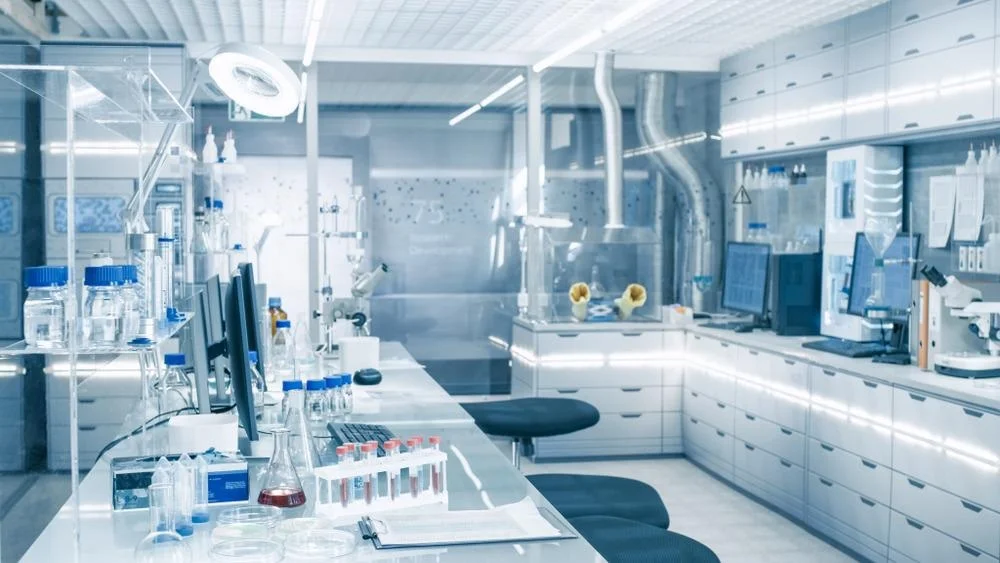Gasoline Additive Organic Impurity Testing
In today’s highly regulated and competitive fuel market, ensuring the purity of gasoline additives is crucial. Organic impurities in gasoline additives can lead to performance issues such as engine deposits, reduced fuel efficiency, and even safety hazards. Our comprehensive testing service focuses on identifying and quantifying these organic impurities, providing reliable data that supports regulatory compliance and product quality.
The process begins with the careful selection of specimens for analysis. This involves ensuring that the sample is representative of the batch being tested to avoid any biases in the results. Once collected, samples are prepared according to industry best practices, which may include dilution, filtration, or derivatization steps depending on the specific compound being targeted.
Our state-of-the-art laboratories employ advanced analytical techniques such as Gas Chromatography-Mass Spectrometry (GC-MS), High Performance Liquid Chromatography (HPLC), and Fourier Transform Infrared Spectroscopy (FTIR) to perform these analyses. These methods allow for the accurate detection of even trace amounts of organic compounds, ensuring that no potential contaminants go undetected.
The results from our testing are detailed in comprehensive reports that outline the presence and concentration levels of identified impurities. This information is invaluable for quality managers looking to optimize their processes or comply with stringent regulatory requirements such as those set by ASTM D7854 for gasoline additives. Compliance officers can use these reports to ensure products meet international standards, while R&D engineers benefit from insights that help improve formulations.
For procurement teams, having access to detailed test results ensures they are sourcing materials with minimal risk of introducing unwanted impurities into their supply chain. By partnering with us for gasoline additive organic impurity testing, you gain peace of mind knowing your products meet the highest quality standards and can be trusted in both domestic and international markets.
- ASTM D7854: This standard provides guidelines on the analysis of oxygenated hydrocarbons and other organic compounds present in gasoline. It ensures that additives do not introduce harmful substances into fuel mixtures.
- EN 228: European specifications for automotive fuels, which include requirements for gasoline components to ensure they are safe and effective at all times.
In summary, our gasoline additive organic impurity testing service is designed to provide you with the assurance that your products meet rigorous quality standards. By leveraging advanced analytical techniques and adhering strictly to international norms, we deliver accurate results that support informed decision-making throughout the product lifecycle.
Why It Matters
Ensuring the purity of gasoline additives is not just about maintaining performance; it's also about safety. Contaminants introduced through impurities can lead to significant issues, including engine deposits, reduced fuel efficiency, and potential risks such as engine fouling or even explosions in extreme cases.
From a regulatory standpoint, non-compliance with established standards like ASTM D7854 could result in hefty fines and reputational damage. For companies operating across different jurisdictions, meeting international standards like EN 228 is essential for avoiding legal complications and ensuring consistent product quality worldwide.
Quality managers rely on accurate test results to make informed decisions regarding production adjustments or batch rejections. Compliance officers need these reports to verify that their products are safe for consumers and meet all relevant regulations. R&D engineers use the data provided by our testing service to innovate without compromising safety, thereby enhancing product performance.
For procurement teams, knowing that they are sourcing materials free from harmful impurities reduces supply chain risks and ensures cost efficiency. Ultimately, ensuring gasoline additive purity benefits consumers by delivering safer and more reliable fuel products, which translates into better driving experiences and lower maintenance costs over time.
International Acceptance and Recognition
- ASTM D7854: Widely recognized in North America for its stringent criteria on the analysis of oxygenated hydrocarbons and other organic compounds present in gasoline.
- EN 228: An essential standard followed by European manufacturers to ensure their products comply with local and international fuel specifications.
Our laboratory is accredited according to ISO/IEC 17025, which guarantees that our methods meet the highest standards of accuracy and precision. This accreditation ensures that any test conducted here will be accepted by regulatory bodies worldwide, further solidifying our reputation for reliability.
The international acceptance of these tests means that manufacturers can confidently export their products knowing they have met all necessary requirements set forth by various countries around the globe. Whether you're looking to penetrate new markets or maintain existing ones, our service provides a critical link between production and consumption.
Competitive Advantage and Market Impact
By offering gasoline additive organic impurity testing services, we help our clients gain a competitive edge in several ways. Firstly, it allows them to ensure that their products consistently meet or exceed industry standards, thereby building trust among consumers.
Secondly, early detection of potential issues through our rigorous testing process enables manufacturers to address problems proactively rather than reactively. This proactive approach can lead to cost savings by preventing costly recalls and reputational damage.
Thirdly, compliance with international standards enhances market access opportunities for businesses operating in multiple regions. As regulations vary from country to country, having consistent testing results across different laboratories ensures seamless entry into new markets without additional costs or delays.
The ability to demonstrate commitment to product quality and safety also strengthens relationships with distributors and retailers who appreciate responsible business practices. In an era where sustainability is increasingly important, being able to back claims of eco-friendliness with concrete evidence can make all the difference in attracting environmentally conscious consumers.





